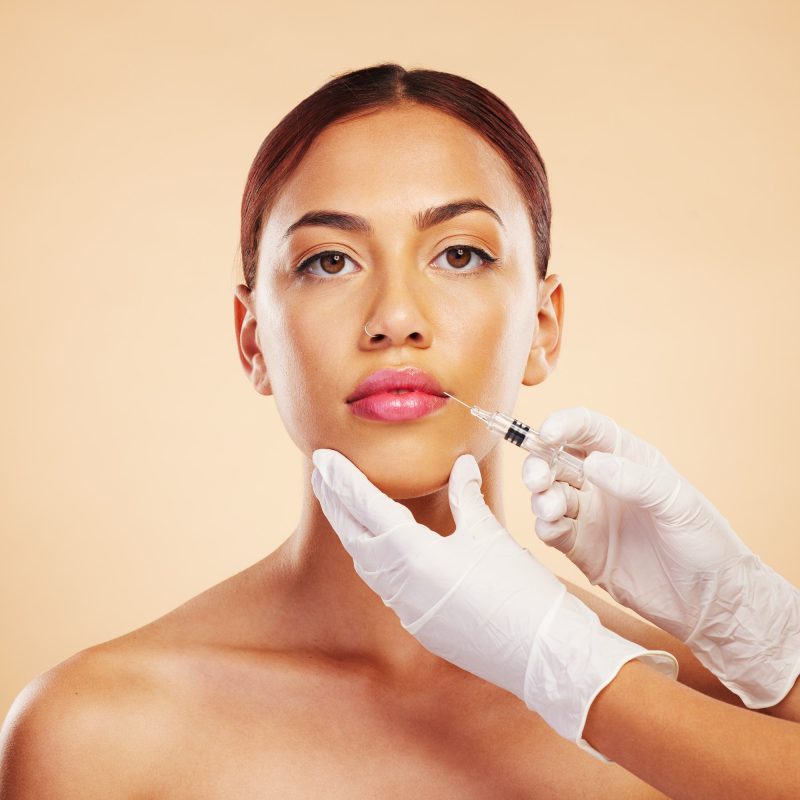- +91 702 248 6667
- Cuddlz.clinic@gmail.com
Cancer Screening
- Home
- Cancer Screening
Cancer Screening
Empowering Women Through Early Detection and Prevention
At Cuddlz – The Women’s Clinic, we think it’s essential to protect your health by getting screenings and healthcare early. Our comprehensive cancer screening programs are intended to identify cancer in its early stages, when treatment is most successful, and to provide women with the knowledge and resources they need to put their health first.
Comprehensive Cancer Screening Services
Our dedicated team of healthcare professionals offers a range of cancer screening services tailored to meet the unique needs of women at every stage of life. These services may include:
Mammograms:
.
- Regular mammograms are essential for the early detection of breast cancer. Our state-of-the-art imaging technology and experienced radiologists ensure accurate and timely results.
Pap Smears:
- Pap smears are a vital tool for detecting cervical cancer and abnormalities in the cervix. We provide Pap smears as part of routine gynecological exams and offer HPV testing for comprehensive screening.
HPV Testing:
- Human papillomavirus (HPV) is a common virus that can lead to cervical cancer. HPV testing helps identify high-risk strains of the virus and informs decisions about follow-up care and treatment.
Colorectal Cancer Screening
- Colorectal cancer screening, including colonoscopies and fecal occult blood tests (FOBT), is recommended for women over the age of 50 or those with a family history of colorectal cancer.
Skin Cancer Screening:
- Our dermatologists offer comprehensive skin cancer screenings to detect melanoma and other skin cancers early, when they are most treatable.
Genetic Counseling and Testing:
- For women with a family history of cancer or known genetic mutations, genetic counseling and testing can provide valuable information about their risk of developing certain cancers and inform personalized screening and prevention strategies.
FAQs
The recommendation for cancer screening varies depending on factors such as age, sex, family history, and personal risk factors. Generally, screening guidelines are established by medical organizations and may differ for different types of cancer. It's essential to discuss your individual risk factors and screening options with your healthcare provider.
Common cancer screening tests include mammograms for breast cancer, Pap smears (or HPV tests) for cervical cancer, colonoscopies or stool tests (e.g., fecal occult blood test) for colorectal cancer, PSA blood tests for prostate cancer (though controversial due to potential risks and benefits), and low-dose CT scans for lung cancer in certain high-risk populations.
The frequency of cancer screening depends on the type of cancer being screened for, as well as individual risk factors and screening guidelines. Some tests, such as mammograms and Pap smears, are typically recommended annually or every few years, while others, like colonoscopies, may be recommended less frequently based on the results of previous screenings and individual risk assessment.
While cancer screening can help detect cancer at an early stage, when treatment may be more effective, it is not without risks. False-positive results (indicating cancer when none is present) can lead to unnecessary anxiety, additional testing, and potential complications from follow-up procedures. Additionally, some screening tests carry risks such as radiation exposure (e.g., mammograms, CT scans) or complications from invasive procedures (e.g., colonoscopies). It's essential to weigh the potential benefits and risks of screening with your healthcare provider.
Yes, adopting a healthy lifestyle can help reduce the risk of certain cancers. This includes maintaining a healthy weight, eating a balanced diet rich in fruits, vegetables, and whole grains, exercising regularly, avoiding tobacco products, limiting alcohol consumption, practicing safe sun exposure (e.g., wearing sunscreen and protective clothing), and getting vaccinated against cancer-causing infections such as HPV and hepatitis B.
If you have a family history of cancer, especially in first-degree relatives (parents, siblings, children), it's essential to discuss this with your healthcare provider. Depending on the type of cancer and the number of affected relatives, you may be at increased risk and may require earlier or more frequent screening tests or genetic counseling to assess your risk further.
Cancer screening is designed for individuals who do not have symptoms of the disease. If you experience symptoms such as unexplained weight loss, persistent pain, changes in bowel or bladder habits, unusual bleeding, or a new lump or mass, it's essential to see your healthcare provider promptly for evaluation. These symptoms may indicate the presence of cancer or other medical conditions that require further investigation and treatment.
Support Center
Lorem ipsum dolor sit amet conset atetur adipiscing elit, sed do eiusmod tempor incididunt ut labore et dolore magna aliqua.

Let's Talk

About Beauty

Your Best Self
With Us Today

✌️ Don’t worry, we Promise not spam your inbox.
